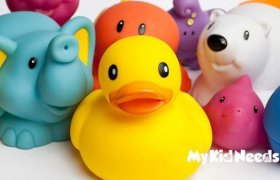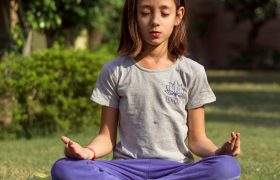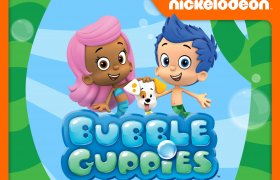Top Tips When Your Kid Has a Sore Throat

Kids can get a sore throat at almost any time of the year. If your child is small and can’t talk, they most likely will have a raw red throat and a small cough or they start rubbing their ears. They might have a slight fever or a higher fever. It’s important for parents to pay attention to the needs of their kids especially if they can’t talk.
Once they can talk by the age of two and three, they can tell you that their throat is sore and you can find some good old fashioned remedies for a sore throat. A teaspoon of honey is good for a sore throat, but not for kids under the age of one. They also sell a cough medicine for small children with honey in it to soothe their sore throats.
Kids need rest when they aren’t feeling well and if at all possible, have them stay home from school or daycare. Remember to put a scarf around their neck on chilly mornings and also a hat on their little heads. This prevents kids from having a cold turn into pneumonia. In addition, talk to your child’s’ pediatrician for some good tips on sore throats.
Soothing your Child’s Cold
The common cold along with a sore throat doesn’t have a cure, but parents can help their kids feel comfortable when they are experiencing a sore throat and a cold. Start small and have them get enough rest and drink fluids.
Fluids are good for kids because it makes the mucus thinner, so the mucus can drain easier. Drinking something cold can also help your child’s throat. Parents can also try tea with lemon and honey if the child is over one year old. Chicken soup and popsicles also help their throats.
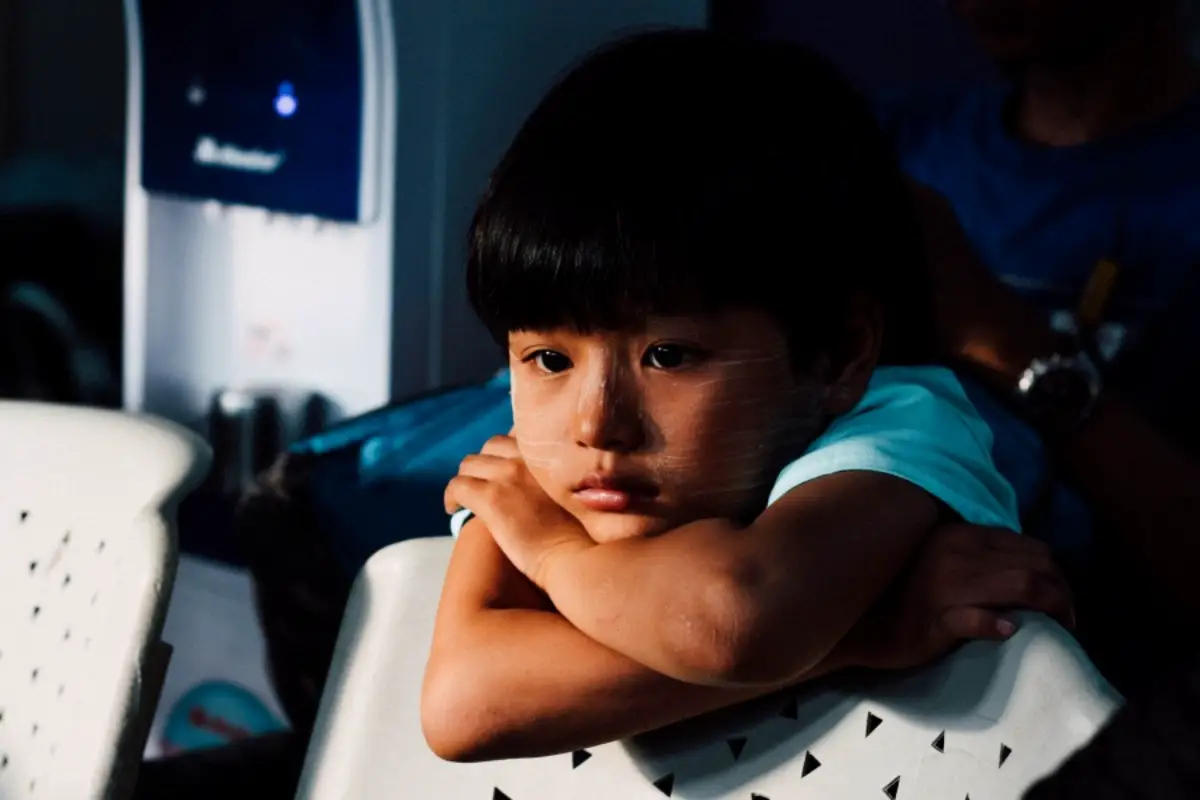
A humidifier is also good for kids that have sore throats and stuffy heads, along with loads of mucus. The warm, moist air from the humidifier will help soothe your child’s sore throat.
If your child still isn’t feeling better before bedtime, then you can try an over the counter cold medicine based on their age. It’s recommended not to give any cold medicine to children under the age of six, unless your pediatrician prescribes it.
There are many over the counter medicines that contain many ingredients. Some of these ingredients are too strong for your child.
Some of the medicine has a pain killer in the medication, so read the package thoroughly, before you give your child any over the counter medication.
You can always call your pediatrician if you have questions about any of your child’s medication. Remember to read the label on the package very thoroughly, because if your child is on other meds, you can see if these cause an interaction. Most asthma medications can interact with cold medication.
Decongestants
Parents have many choices for different brands of decongestants. Parents can try saltwater nose drops, gels, and sprays. You can purchase these at any pharmacy or supermarket. These are just as good as decongestants with chemicals. It’s better to go with the chemical-free decongestants for your kids.
Saltwater nose drops or humidifiers help with the mucus in your child’s nose. These are more natural remedies that can be used along with a suction bulb. This is a good way to clear the mucus out of your child’s nose and helps with their sore throat.
There are no side effects from using humidifiers and saltwater for your child. Don’t use any over the counter products for more than a few days. Using a suction bulb for more than a few days can also cause the child to become more congested.
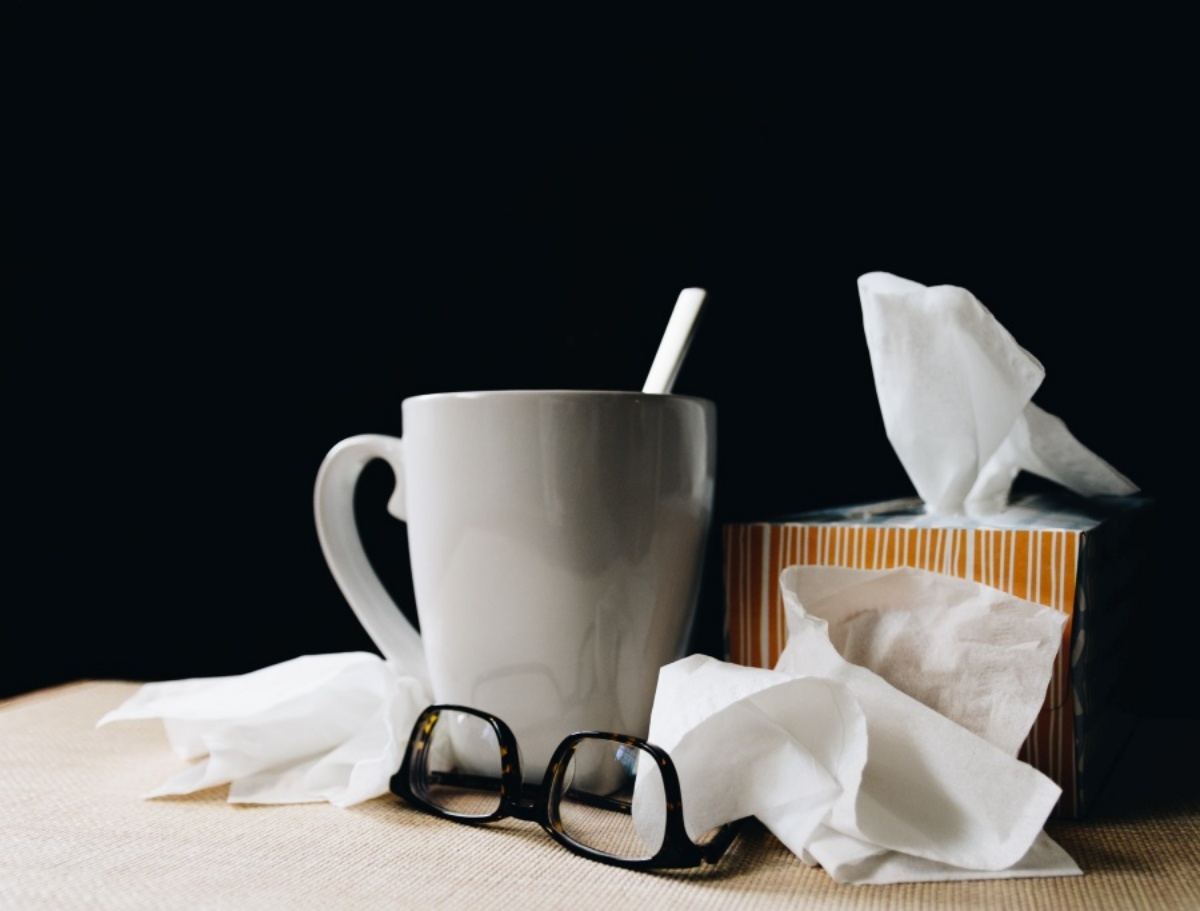
Over the counter drugs that are decongestants that kids take by mouth, contain pseudoephedrine. Your child might have side effects from being hyperactive or problems falling asleep. Make sure your child doesn’t get any decongestants at bedtime. Try the old fashioned remedies.
The problem with over the counter decongestants is that these only work for the child for a few hours. Your child will have more of a sore throat at night along with more coughing. This is because they are tired after they eat dinner. This is when they start complaining about sore throats and coughing.
Afrin is a nose drop that is approved by the Federal Food and Drug Administration (FDA). This medication is approved for children six and older. There is another over the counter med called Neo-synephrine that is approved by the FDA as well for kids age 12 and older. This is not recommended for use with kids under age 12. The problem with Afrin is this medication still can cause congestion in children if used for more than three days.
Antihistamine
Some over the counter medications for kids colds have antihistamines in them. They help keep mucus at bay, help dry up congestion, and they can’t be used to treat a virus in a child. This also causes kids to become sleepy and have a dry mouth. Benedryl is a good example of an antihistamine.
Cough Expectorants
Mucinex is called guaifenesin and helps keep the mucus thinned out in a child. This helps your children cough up the mucus. They can cough it up much easier and they should drink a lot of water daily if they are taking Mucinex. A child has to drink a lot of fluids if they are on Mucinex.
You can also try warm tea with lemon and honey as well. This is a remedy that proves to be a great expectorant for all. Warm tea with honey also will help soothe your child’s sore throat. Warm drinks are also good for helping kids with those scratchy sore throats. Warm tea with lemon and honey is the best old fashioned remedy for kids with bad sore throats.
Stay away from cough medicine if possible because this is a proven expectorant that soothes kids’ throats. Warm fluids also help your child when they have sore throats. When your child breathes in the steam from the humidifier and drinks their share of fluids, this is what loosens up the clogged mucus. Be careful, so your child won’t be burned by hot steam and ask your pharmacist for their advice.
Suppressants
This is the kind of cough medicine that will help kids stop coughing. These are not the answer because coughing allows the child’s lungs to clear out mucus and some of the virus that is the cause of the infection your child is suffering. Coughs have kept many kids awake and miserable at night.
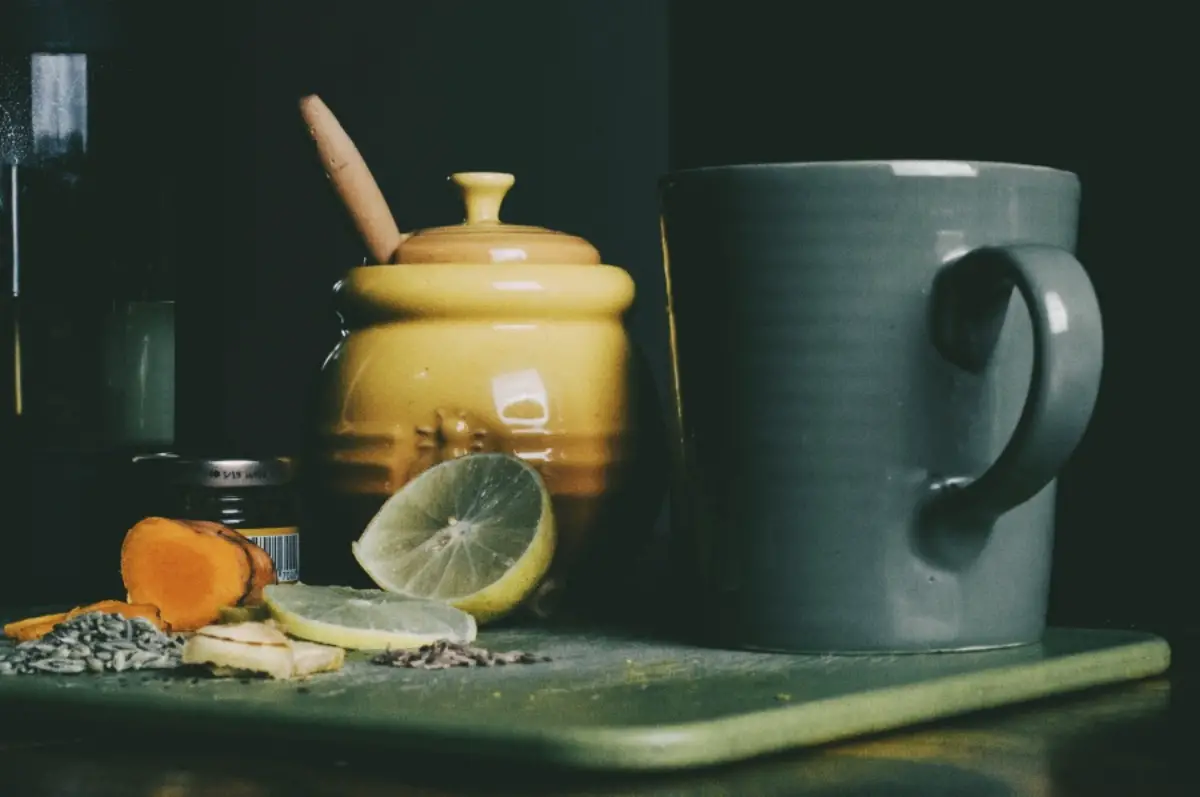
Even though the cough keeps your kid stay awake at night, cough suppressants don’t help the child either. These don’t clear out any mucus. Look for mucus clearing OTC medications. Keep the humidifier going and also give your child plenty of fluids that you prepare for them, so they can heal faster.
Other Alternatives
Parents can try throat sprays for their kids’ sore throats. They can also try cough drops and lozenges, but please watch for choking. Don’t give small pieces to younger kids. The regular painkillers like acetaminophen, ibuprofen, and naproxen help reduce fevers and take care of aches and pains.
Ask your doctor which is the right medication for your child. Don’t give your child Aspirin. Aspirin can called Reyes syndrome in children. Have your child blow their own nose, and make sure they are old enough to understand to throw the kleenex out if it’s full of yellow or green mucus.
You can try a nasal aspirator for your child’s nose if they are not quite adept at blowing their noses. Pharmacies have aspirators and choose one that has a plastic tip and rubber bulb. The smaller aspirators have more suction when your child can’t blow their own nose. The rubber tip aspirators have better suction and are less irritating for small children.
Use the aspirator 8 to 10 times to suction each nostril out. Use these in a row, by doing this 8 to 10 times. Mucus can be stringy and if your child is overly stuffy, and nothing is moving through, use 3 to 4 drops of saline solution in each nostril. Give it 2 minutes and try again!
Tips for Giving your Kids Cold Medicines (OTR)
Don’t buy a bunch of cold remedies and combine them and give this to your child. These could defeat the purpose and work against each other. Ingredients called histamines don’t work at all for kids viruses. Antihistamines don’t work for viruses, they only help if some of the symptoms are allergy-related.
Try and watch out how much acetaminophen you give your child. Don’t give two doses because you are using the medication for two reasons. Acetaminophen is very hard on the liver after long term use. Try and stay away from cold meds with painkillers in them for your young child.
Go to your own doctor and find out what they exactly need. Always ask your pediatrician about a new over the counter medicine before you buy it for your child. Brand name is different than non-brand name and the ingredients vary as well. Generic cold medications have almost the same kind of medication in their bottles, except one or two ingredients are different.
When is the Right Time to Call the Doctor?
The majority of the time, a kid’s cold runs its course and goes away because their immune systems are healthy. Call your pediatrician if you notice any of these symptoms which are earaches with draining, fever above 104 degrees, or a low-grade fever that lasts for a week.

A cold and cough that lasts longer than 10 days, trouble breathing with bluish skin, wheezing, hyperventilation, or trouble breathing, dehydration, means no water output for over 12 hours from a high fever.
Cold skin or cracked lips, very cranky, your child continually wants to sleep, seizures, flu symptoms that keep coming back with a fever and cough, a nagging wet cough that doesn’t respond to breathing treatments or saline solutions.
Conclusion
These are some ideas on how to treat a sore throat and what to look for when you are beginning to think your child is sick. It’s always important to try decoding your child’s cough and listen to your pediatrician before your relatives, because old remedies are helpful but the world has changed and there are more people in the world with chronic diseases. It’s better to be safe than sorry.
Don’t shrug off your child’s cold or sore throat because their temperature will rise. In addition, make sure you have the correct brand of Aspirin for your child and try not to give them anything until you have talked to your pediatrician about using Aspirin and find out the right age to start administering Aspirin to your child.

